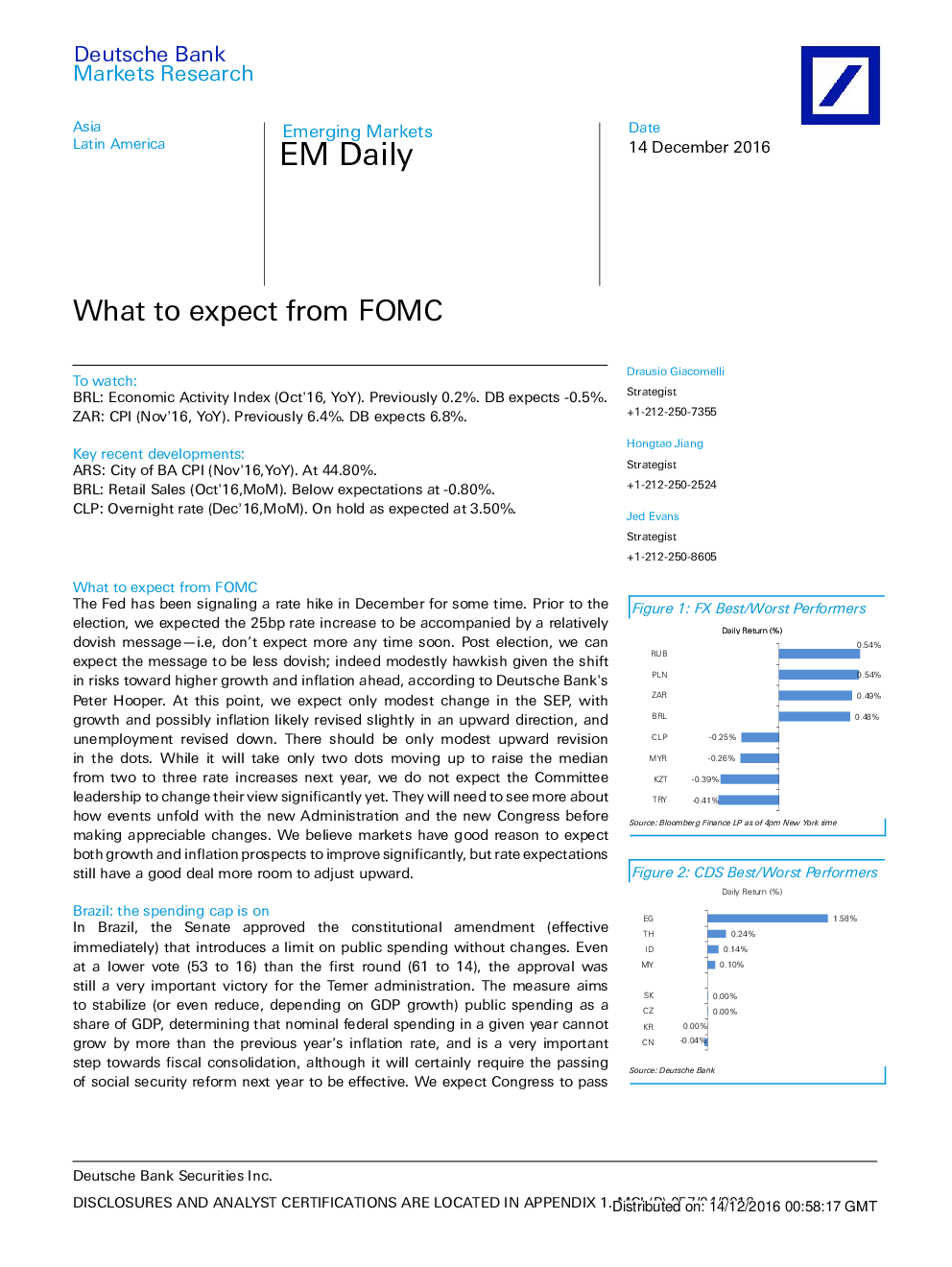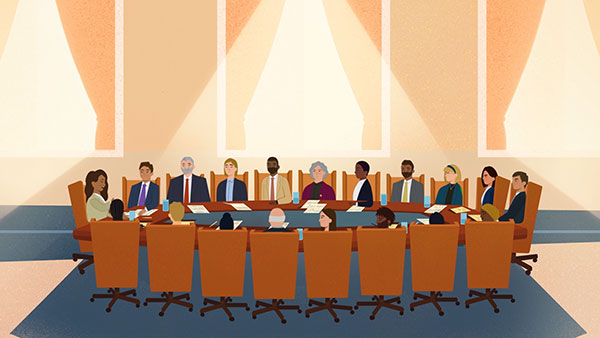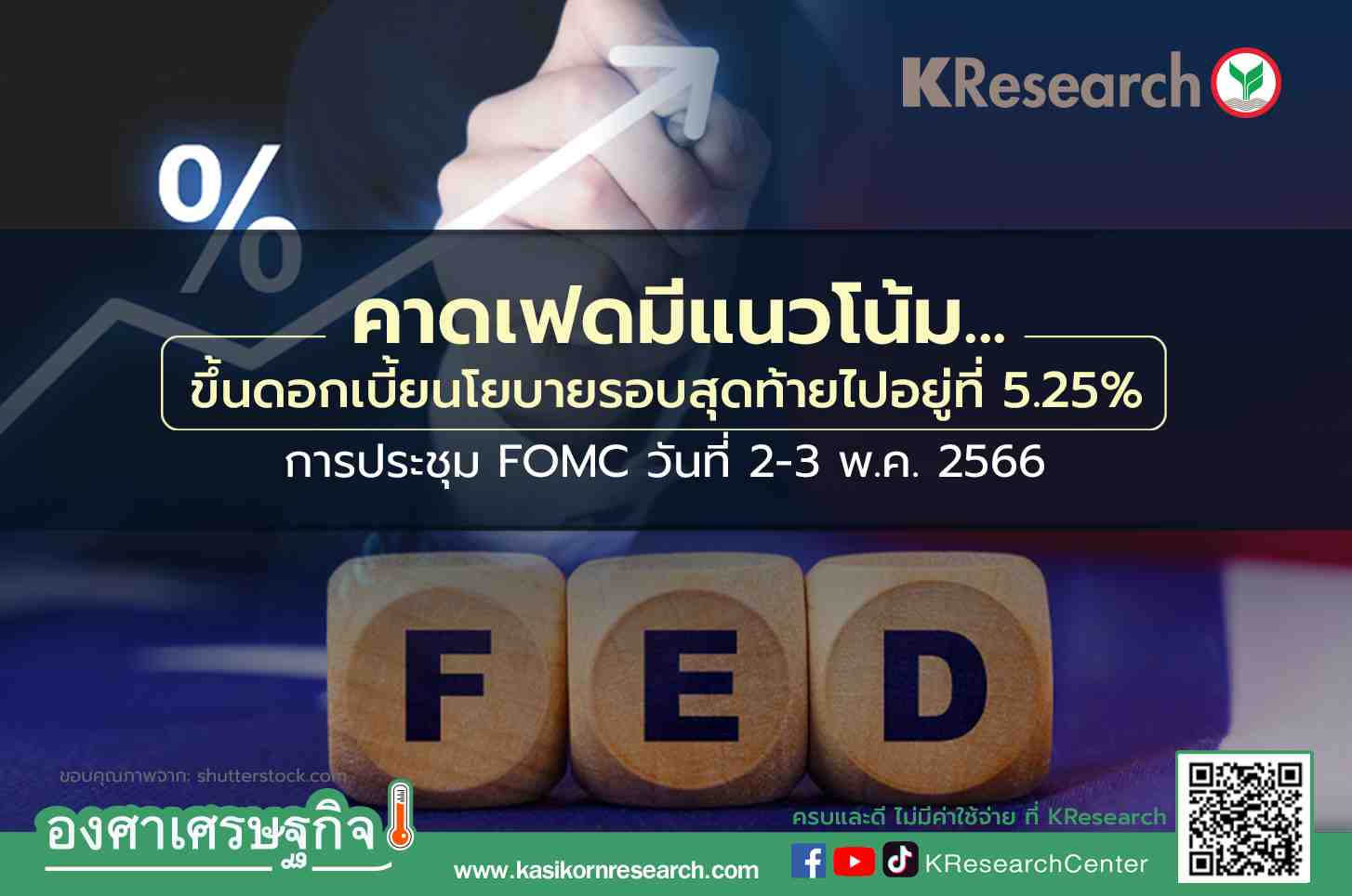The Federal Open Market Committee (FOMC) is a crucial component of the United States' financial system, playing a vital role in shaping the country's monetary policy. As a key player in the Federal Reserve System, the FOMC is responsible for making decisions that impact the nation's economy, employment, and inflation rates. In this article, we will delve into the world of the FOMC, exploring its composition, functions, and significance in the world of finance.
What is the Federal Open Market Committee (FOMC)?
The Federal Open Market Committee is a committee within the Federal Reserve System, comprising 12 members who meet eight times a year to discuss and decide on monetary policy. The FOMC is responsible for setting the direction of monetary policy, with the primary goal of promoting maximum employment, stable prices, and moderate long-term interest rates. The committee's decisions have far-reaching consequences, influencing the overall health of the US economy and, by extension, the global economy.
Meet the Key Players: FOMC Members
The FOMC consists of 12 members, including:
The 7 members of the Federal Reserve Board of Governors
The President of the Federal Reserve Bank of New York
4 of the remaining 11 regional Federal Reserve Bank presidents, who serve on a rotating basis
These members bring a wealth of experience and expertise to the table, ensuring that the FOMC's decisions are informed and well-considered. The committee's chair, currently Jerome Powell, plays a crucial role in guiding the discussion and setting the tone for the meetings.
Functions of the FOMC
The FOMC's primary functions include:
Setting interest rates: The FOMC sets the federal funds target rate, which influences the cost of borrowing and spending in the economy.
Buying and selling government securities: The FOMC uses open market operations to buy or sell government securities, affecting the money supply and interest rates.
Regulating reserve requirements: The FOMC sets reserve requirements for commercial banks, influencing the amount of credit available in the economy.
By exercising these functions, the FOMC aims to promote economic growth, stability, and low inflation, while also maintaining the stability of the financial system.
Why is the FOMC Important?
The FOMC's decisions have significant implications for the US economy and beyond. By setting interest rates and regulating the money supply, the FOMC influences:
Economic growth: Lower interest rates can stimulate economic growth, while higher rates can slow it down.
Inflation: The FOMC's actions can impact inflation rates, with higher interest rates helping to combat inflation.
Employment: The FOMC's decisions can influence employment rates, with lower interest rates potentially leading to increased hiring.
In conclusion, the Federal Open Market Committee plays a vital role in shaping the US economy and financial system. By understanding the FOMC's composition, functions, and significance, investors, policymakers, and individuals can better navigate the complex world of monetary policy and make informed decisions about their financial futures. As the FOMC continues to meet and make decisions, its impact on the global economy will remain a topic of interest and importance.


![[그래픽] 미 FOMC 위원 기준금리 전망 | 연합뉴스](https://img6.yna.co.kr/etc/graphic/YH/2022/09/22/GYH2022092200130004400_P4.jpg)






